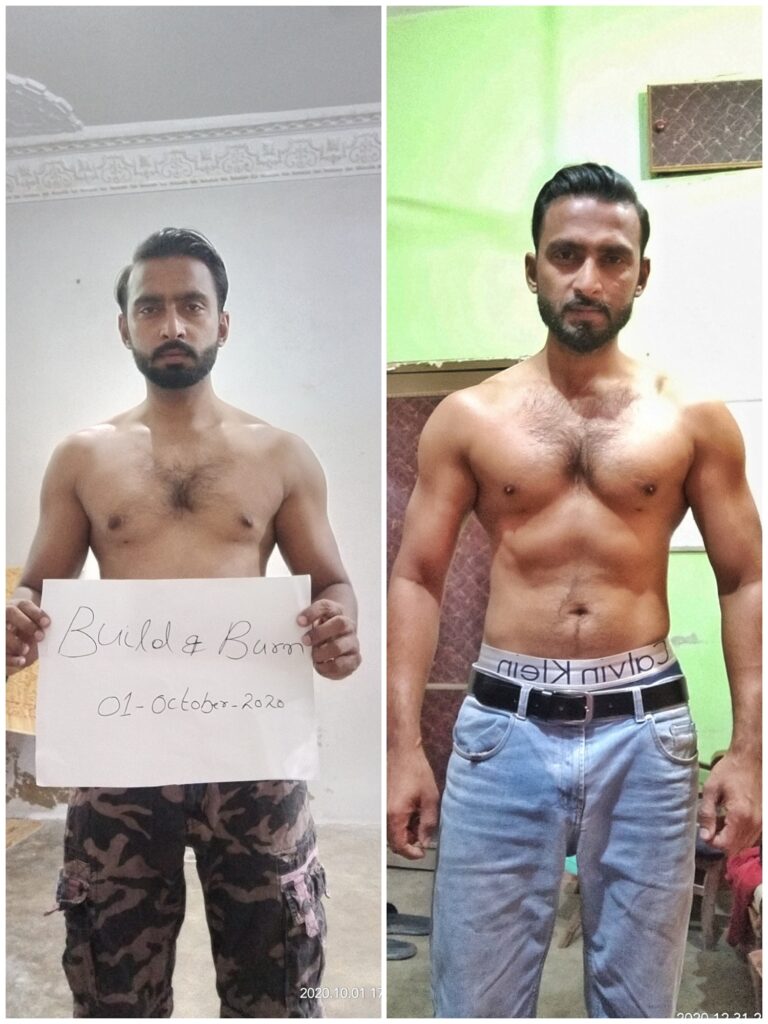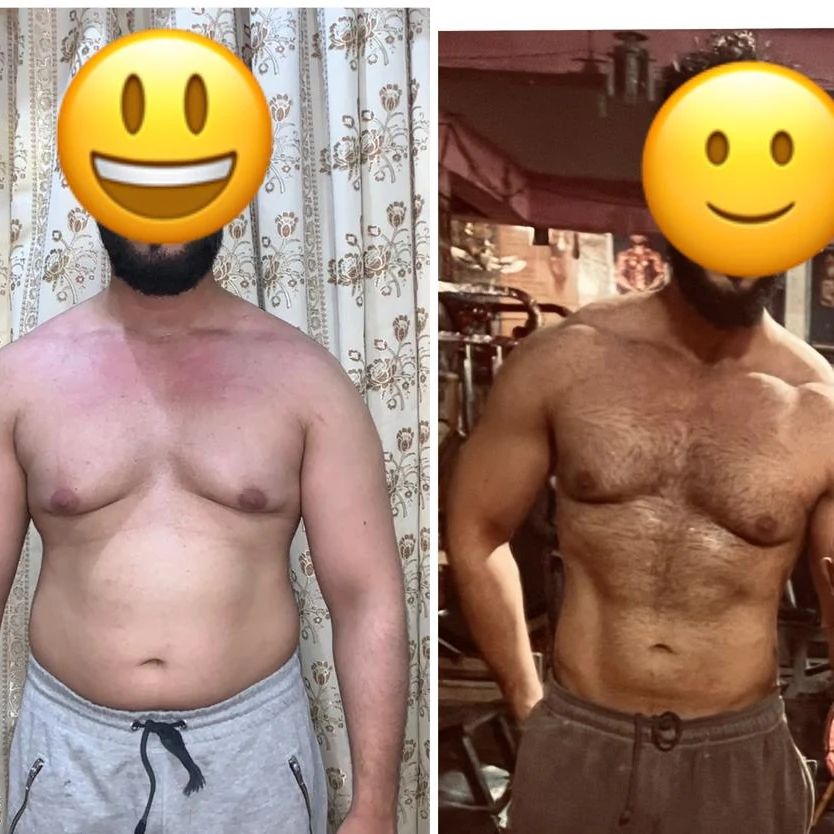Fasting can make it difficult for many men to maintain a consistent diet. Because of this many people gain unhealthy weight in all the wrong places of the body during Ramadan. But with our expertly crafted Ramadan diet plan for weight gain, you can achieve your fitness goals without sacrificing your spiritual beliefs. Our diet plan is tailored specifically for men who are looking to gain healthy weight and muscle in all the right areas of the body while observing the holy month of Ramadan. Our plan includes delicious and satisfying meals that are rich in protein, healthy fats, and complex carbohydrates, all of which are essential for building muscle and gaining weight.
We’ll provide you with a variety of options so you can customize your meals to your taste preferences and dietary restrictions. So why wait? If you’re ready to take your fitness to the next level this Ramadan, sign up for our weight gain diet plan today and start seeing results in just a matter of weeks.

If you’re looking for an easy way to gain weight during Ramadan, all you have to do is indulge in high-calorie foods and then sleep for as long as you can. But this is the unhealthiest way to gain weight. You’ll likely gain weight in all the wrong places, with little to no muscle gain and plenty of belly fat.
However, if you want to gain weight in a healthy and targeted way, you need to combine a consistent workout routine with a balanced meal plan. Although it can be challenging during Ramadan, with proper planning and dedication, you can learn how to gain weight in a healthy and sustainable way.
By focusing on a nutrient-dense diet and targeted workouts, you can build muscle mass and gain weight in areas that you desire. This approach requires commitment and consistency, but the results are worth it. A balanced diet that includes protein, healthy fats, and complex carbohydrates can provide your body with the energy and nutrients it needs to support muscle growth and overall health.
In addition to a healthy meal plan, a steady workout routine is essential for building muscle and gaining weight during Ramadan. This may involve adapting your workouts to fit your fasting schedule, such as scheduling workouts before or after breaking your fast. With a dedicated workout routine and proper nutrition, you can gain weight in a healthy way and achieve your desired physique during Ramadan.

If you’re looking for an easy way to gain weight during Ramadan, all you have to do is indulge in high-calorie foods and then sleep for as long as you can. But this is the unhealthiest way to gain weight. You’ll likely gain weight in all the wrong places, with little to no muscle gain and plenty of belly fat.
However, if you want to gain weight in a healthy and targeted way, you need to combine a consistent workout routine with a balanced meal plan. Although it can be challenging during Ramadan, with proper planning and dedication, you can learn how to gain weight in a healthy and sustainable way.
By focusing on a nutrient-dense diet and targeted workouts, you can build muscle mass and gain weight in areas that you desire. This approach requires commitment and consistency, but the results are worth it. A balanced diet that includes protein, healthy fats, and complex carbohydrates can provide your body with the energy and nutrients it needs to support muscle growth and overall health.
In addition to a healthy meal plan, a steady workout routine is essential for building muscle and gaining weight during Ramadan. This may involve adapting your workouts to fit your fasting schedule, such as scheduling workouts before or after breaking your fast. With a dedicated workout routine and proper nutrition, you can gain weight in a healthy way and achieve your desired physique during Ramadan.

Ramadan is a time of spiritual reflection and self-discipline, but it’s also a time when many people struggle with maintaining their weight. Here are some common mistakes people make during Ramadan that can lead to unhealthy weight gain:
A healthy weight gain during Ramadan includes:
However, your calorie requirements may be different depending on your age, daily activity level, and any health conditions. Therefore, It’s important to follow a proper muscle-gain meal plan in order to gain weight.
To ensure healthy weight gain, it is important to avoid certain practices. Some things to avoid include consuming junk food, such as chips, sugary sodas, donuts, and candy. Although these items can contribute to weight gain, they are not a healthy way to do so. Junk food tends to accumulate around the stomach, which can increase the risk of heart disease and diabetes. Instead, it is recommended to eat healthy muscle-building nutrients like protein-rich foods. Additionally, to avoid feeling too full, try not to drink water or other fluids 30 minutes before Dinner, and reduce the amount of liquids consumed after Iftaar in one go.
Important Note: This is just a sample gym diet plan for Ramadan. Your caloric requirements may be different. Click the button below to consult with our qualified nutritionist or dietitian to create a customized meal plan that meets your individual needs and goals.
Dr. Waseem is a medical doctor, health coach, and founder of Pakistan’s pioneering Health and Fitness Center (GSFR). He has dedicated his life to helping people achieve optimal physical health and fitness through lifestyle modifications and changes in diet plans. Partnering with him as your transformation coach will grant you access to his expertise and guidance, ensuring long-term success in achieving your desired results. Join the thousands of satisfied clients who have already transformed their lives under Dr. Waseem’s guidance and embark on a journey to better health and fitness this Ramadan!

